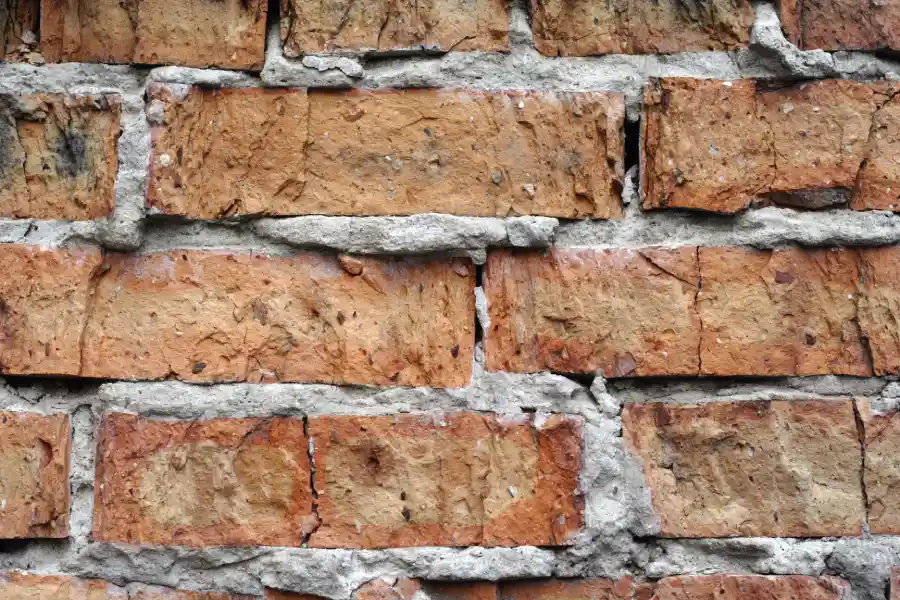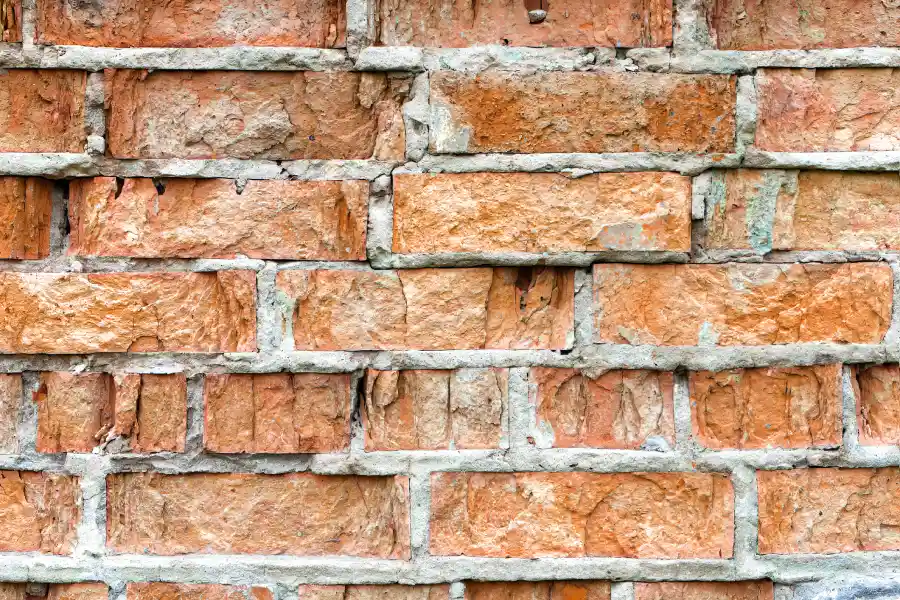Exploring the Causes and Solutions for Weakening Masonry Joints
Mortar deterioration in brick walls is a common issue that can compromise structural integrity. The mortar, which binds bricks together, plays a crucial role in maintaining the durability of brick structures. Over time, exposure to weather elements like rain, wind, and temperature fluctuations can cause the mortar to weaken and crumble. This weakening leads to gaps and cracks, allowing moisture to seep into the wall. Understanding how and why this deterioration happens is essential for anyone looking to maintain or restore brick walls effectively.

Causes of Mortar Deterioration
Several factors contribute to the deterioration of mortar in brick walls. The most common cause is moisture infiltration, often due to poor drainage or water leaks. When water seeps into the mortar, it causes swelling and shrinkage as temperatures change, leading to cracks. Another factor is the use of incorrect mortar mix during construction, which may not bond well with the bricks. Chemical reactions between different materials can also lead to degradation over time.
The Importance of Regular Inspections
Regular inspections of your brick walls are vital to spot early signs of mortar deterioration. During an inspection, look for visible cracks, crumbling mortar, or signs of water damage. If you notice any of these issues, addressing them promptly can prevent further damage. Engaging in professional services such as brick pointing will help maintain the structure’s strength and appearance.

Benefits of Professional Maintenance
Seeking professional maintenance for your brick walls offers numerous benefits. Experts have the experience needed to assess the condition accurately and suggest appropriate repairs. They utilize techniques like brick pointing to reinforce weak areas, ensuring the longevity of the structure. Moreover, professionals can recommend preventative measures to protect against future deterioration.
How to Repair Deteriorated Mortar
Repairing deteriorated mortar involves several steps that must be followed precisely:
- Remove old, damaged mortar by carefully chiseling it out from between the bricks without damaging them.
- Prepare a new batch of mortar that matches the existing color and composition for uniformity.
- Apply the new mortar using a pointing tool to ensure it fills all gaps securely.
- Cure the repaired area by keeping it moist for several days to enhance strength.
Expert Tips for Preventing Mortar Damage
Preventative care can greatly extend the life of your brick walls:
- Ensure proper drainage around the building foundation to reduce water exposure.
- Use sealants designed for masonry to provide an additional barrier against moisture.
- Schedule regular maintenance checks with experts who can perform tasks like repointing when necessary.
Understanding Industry Standards for Mortar Work
Industry standards for mortar work focus on using high-quality materials and proper techniques. Adhering to these standards ensures that repairs are durable and effective. Selecting the right type of mortar mix is crucial, as different projects require specific compositions for optimal results. Compliance with these standards reduces long-term costs by minimizing repair needs.
Cost Considerations and Value Proposition
The cost of repairing or maintaining brick walls varies based on several factors, such as the extent of damage and materials used. Investing in regular maintenance like professional inspections and repairs increases the property’s value over time. While initial costs might seem high, preventing serious structural problems saves money long term.
Sustaining Your Brick Walls With Professional Care
Maintaining strong, aesthetic brick walls requires proactive measures and expert intervention. For residents in Manhattan, NY, maintaining their properties’ value is easy with Riedel Masonry and Facade Restoration at their service. Call us at (646) 517-5957 to schedule an inspection today and ensure your brick structures stand the test of time with optimal health and beauty.